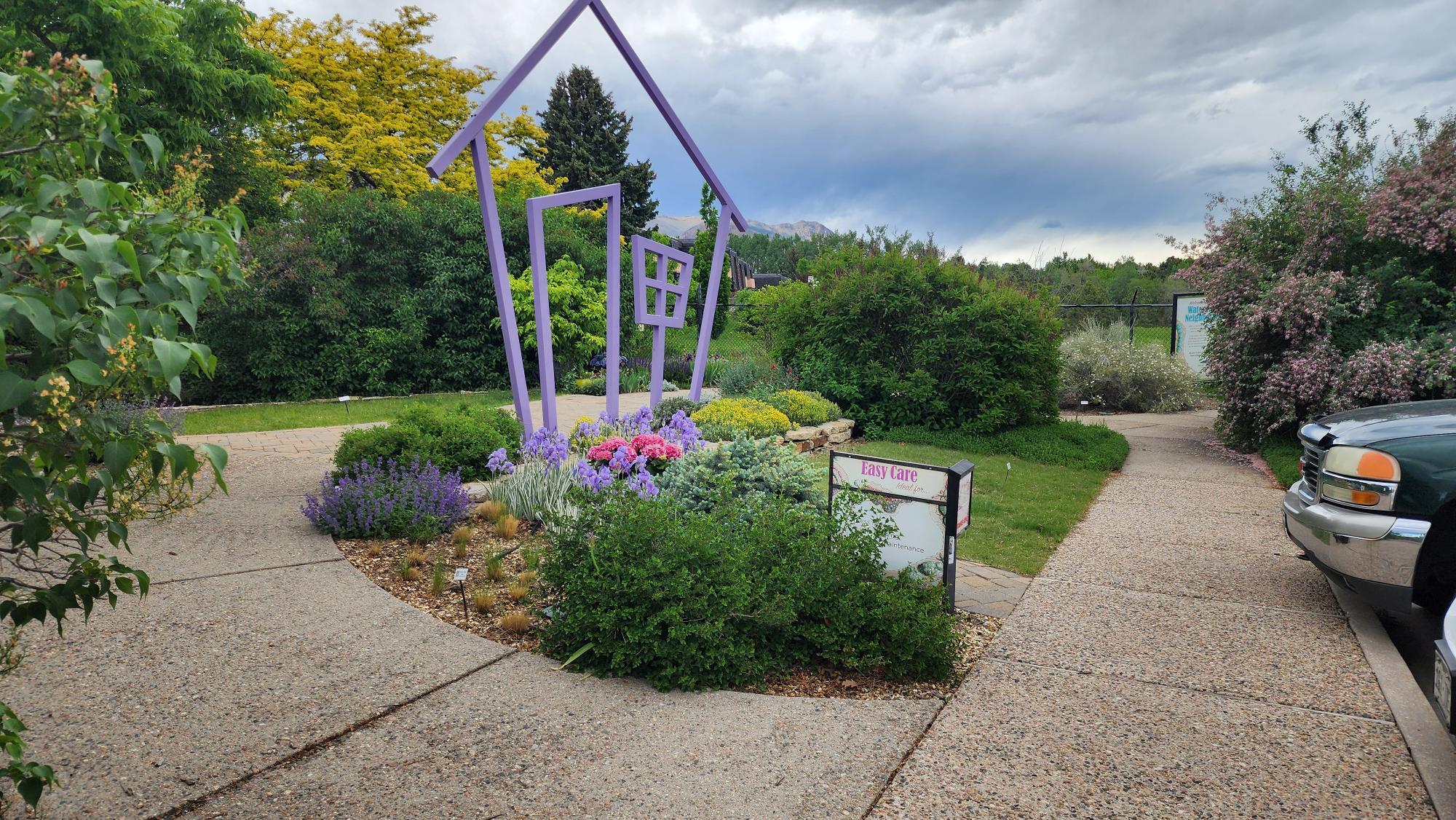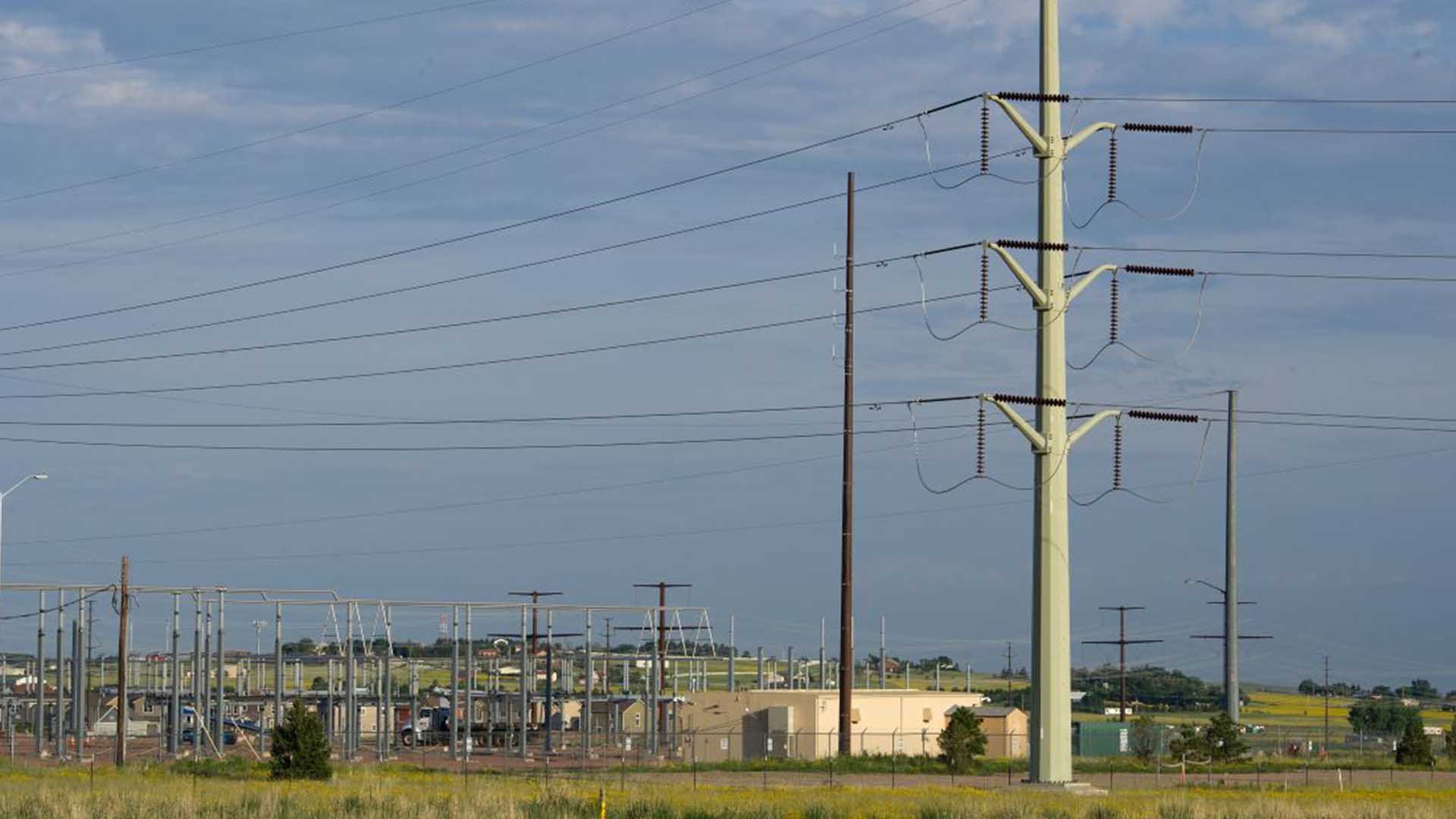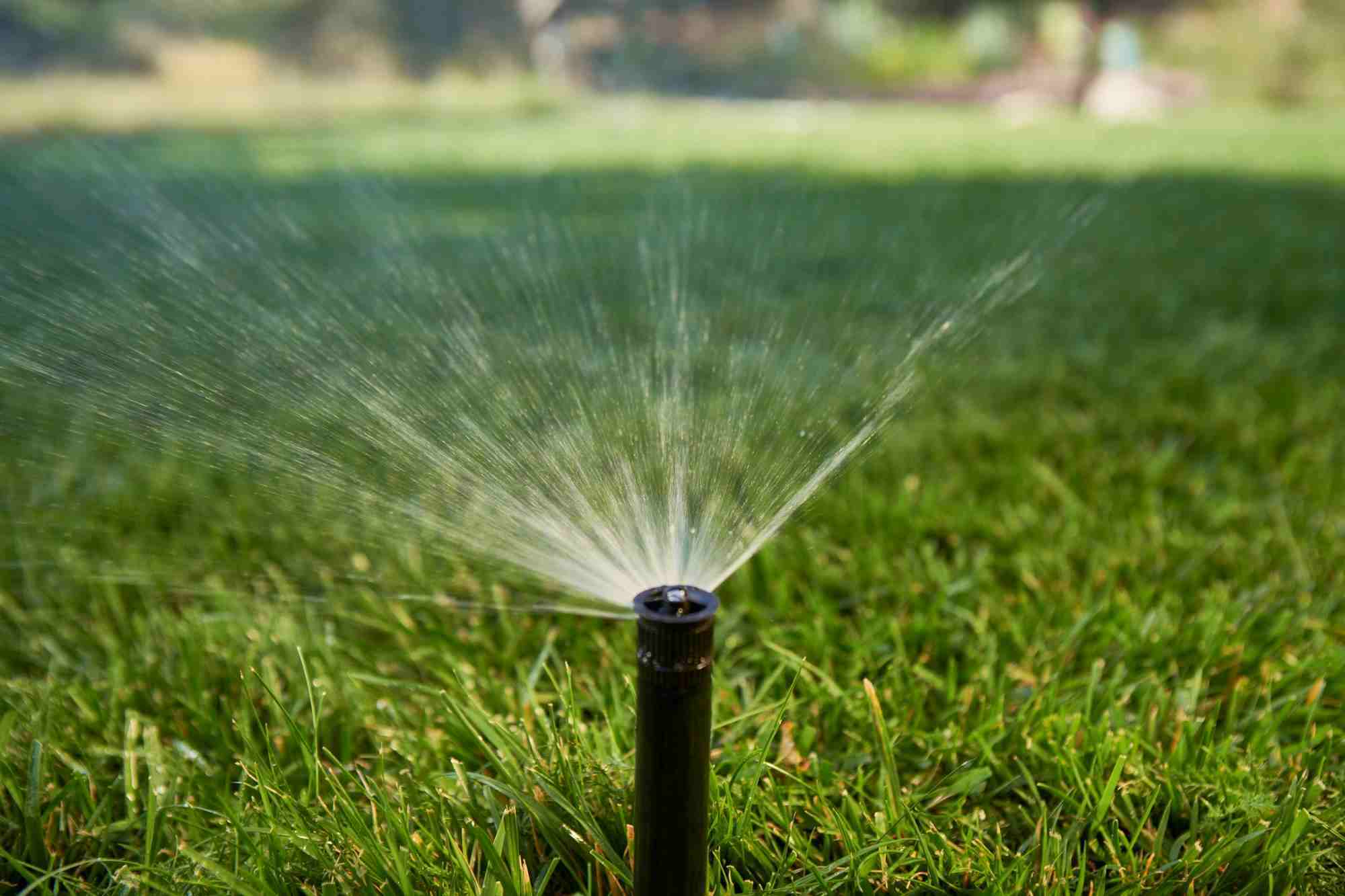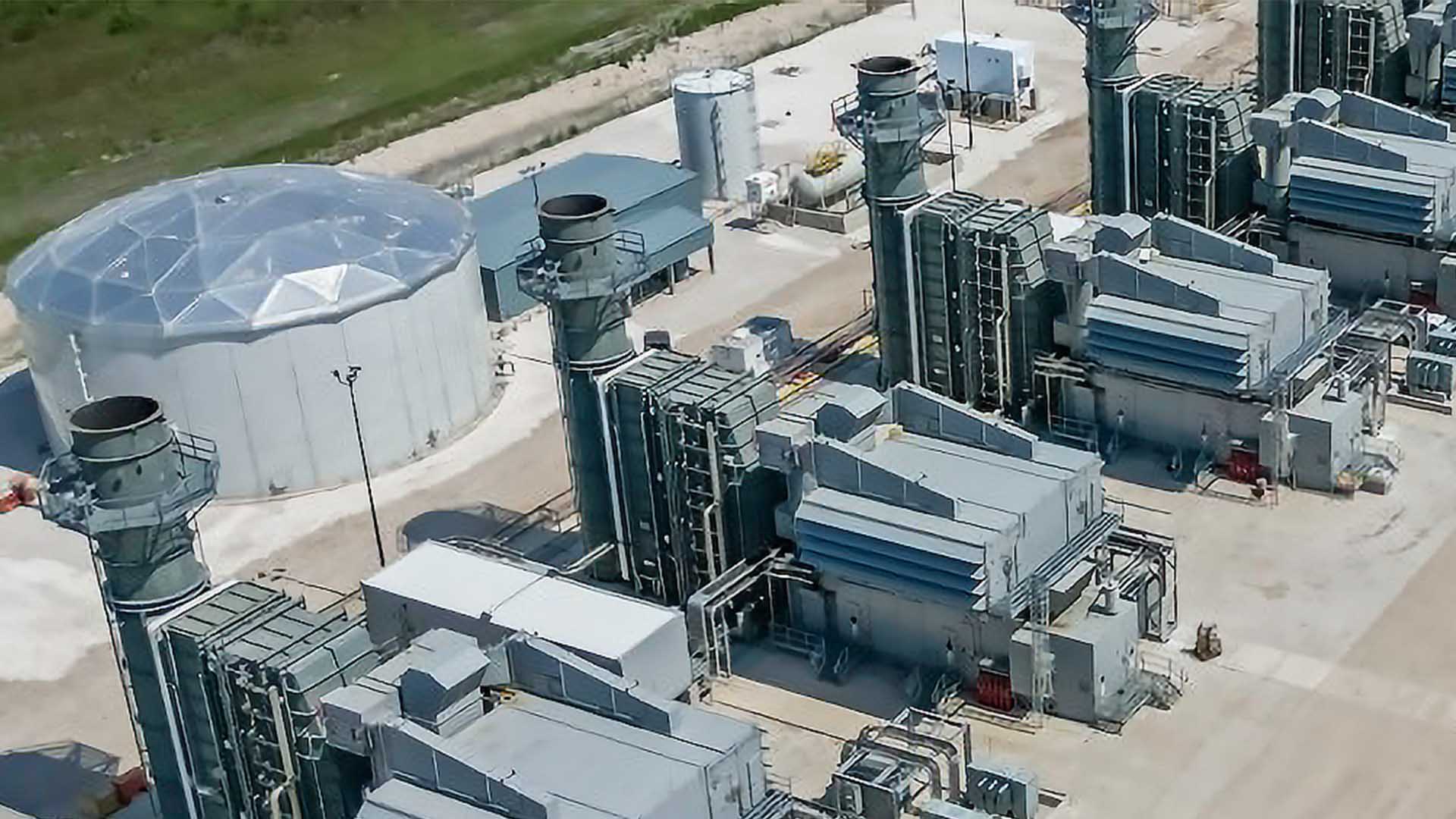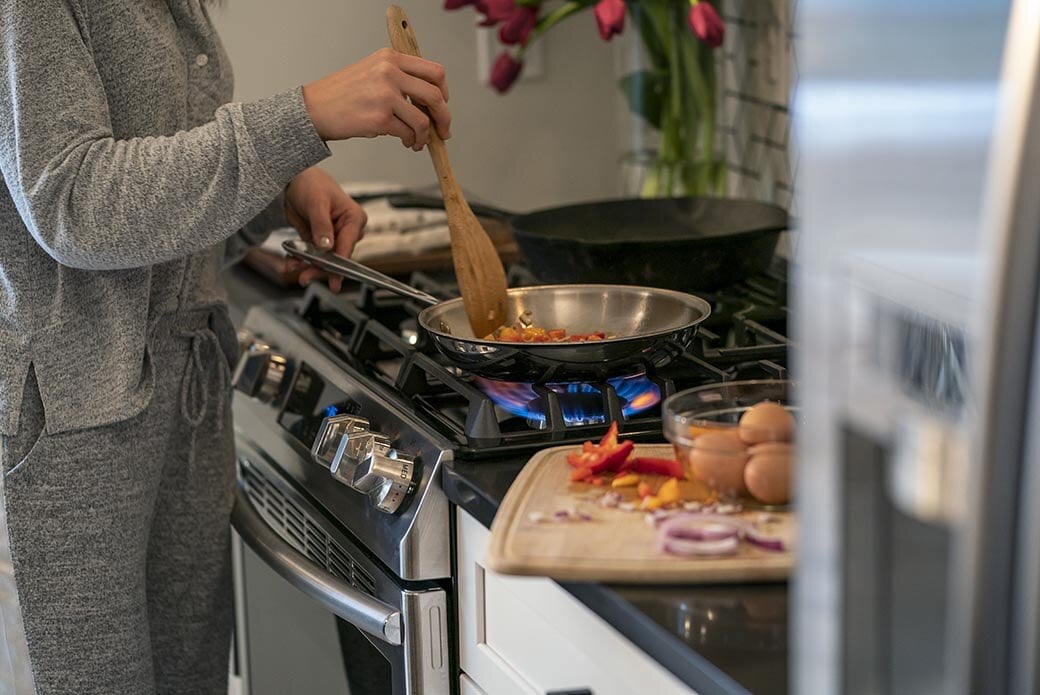
Lisa Pace
Duration: 1 minute
Published on April 22, 2025
Each morning, I stroll through the Water Wise Demonstration Garden. Although it feels like a fairytale, I’m not worried about lions, tigers and the occasional bear. Instead, I’m excited to be greeted by a symphony of birds, butterflies and bees. These enchanting creatures play a crucial role in our urban ecosystems by transforming our city environments into thriving habitats.
Do you want to create your own storybook backyard at home? Follow these tips to cultivate a garden that supports both birds and pollinators, contributing to the conservation of these valuable species.
- Use native plants: Native plants are crucial as they have evolved alongside local pollinators and birds, providing the perfect blend of nectar, pollen and habitat. Examples include Penstemon strictus (Rocky Mountain Penstemon), Monarda fistulosa (Native Bee Balm), and Asclepias speciosa (Showy Milkweed).
- Create habitat diversity: Incorporate diverse elements into your garden design to attract a broader range of pollinators and support their life cycles. Features such as bird baths, log piles, and insect hotels provide nesting and resting spots for native bees and birds.
- Plant for seasonal blooms: Ensure continuous blooms throughout the growing season by choosing plants that bloom and fruit at different times of the year to provide a consistent food source.
- Water wisely: In Colorado’s semi-arid climate, water conservation is essential. Opt for Water Wise Plants that require minimal irrigation once established. Deep, infrequent watering encourages deep root growth and resilience to drought.
By creating native gardens, we foster a natural harmony that flourishes in our backyards, making our cities greener, healthier, and more beautiful.
Join me on a garden tour during Coffee and Conservation, Saturday, May 3, from 8 a.m. to noon where we will point out plants that support these magnificent creatures. If you can’t make it, we host a Coffee and Conservation at the same time on the first Saturday of every month until October.

